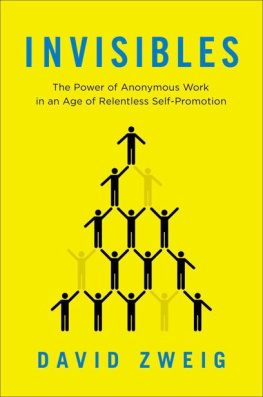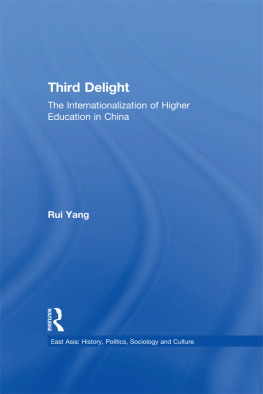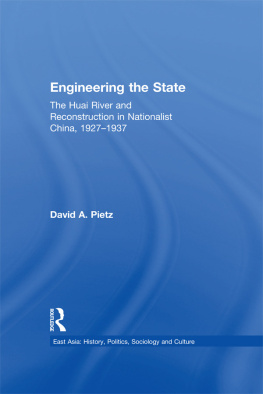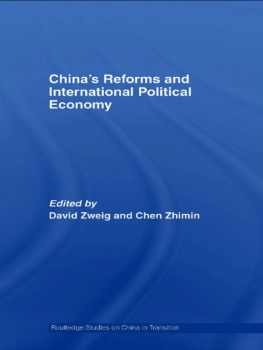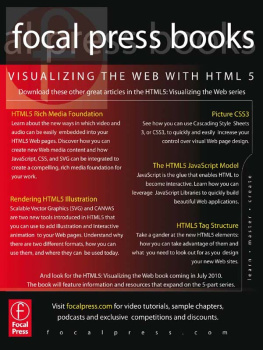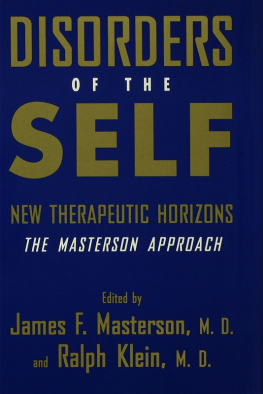David Zweig - ChinaS Brain Drain To Uni Sta (China Research Monograph)
Here you can read online David Zweig - ChinaS Brain Drain To Uni Sta (China Research Monograph) full text of the book (entire story) in english for free. Download pdf and epub, get meaning, cover and reviews about this ebook. year: 1996, publisher: Routledge, genre: Politics. Description of the work, (preface) as well as reviews are available. Best literature library LitArk.com created for fans of good reading and offers a wide selection of genres:
Romance novel
Science fiction
Adventure
Detective
Science
History
Home and family
Prose
Art
Politics
Computer
Non-fiction
Religion
Business
Children
Humor
Choose a favorite category and find really read worthwhile books. Enjoy immersion in the world of imagination, feel the emotions of the characters or learn something new for yourself, make an fascinating discovery.

- Book:ChinaS Brain Drain To Uni Sta (China Research Monograph)
- Author:
- Publisher:Routledge
- Genre:
- Year:1996
- Rating:5 / 5
- Favourites:Add to favourites
- Your mark:
- 100
- 1
- 2
- 3
- 4
- 5
ChinaS Brain Drain To Uni Sta (China Research Monograph): summary, description and annotation
We offer to read an annotation, description, summary or preface (depends on what the author of the book "ChinaS Brain Drain To Uni Sta (China Research Monograph)" wrote himself). If you haven't found the necessary information about the book — write in the comments, we will try to find it.
David Zweig: author's other books
Who wrote ChinaS Brain Drain To Uni Sta (China Research Monograph)? Find out the surname, the name of the author of the book and a list of all author's works by series.
ChinaS Brain Drain To Uni Sta (China Research Monograph) — read online for free the complete book (whole text) full work
Below is the text of the book, divided by pages. System saving the place of the last page read, allows you to conveniently read the book "ChinaS Brain Drain To Uni Sta (China Research Monograph)" online for free, without having to search again every time where you left off. Put a bookmark, and you can go to the page where you finished reading at any time.
Font size:
Interval:
Bookmark:

United States
Wu Kaifen and Joy P. Zweig,
for their patience and support

to the United States
and Scholars in the 1990s
with the assistance of Stanley Rosen
Chinas brain drain to the United States: views of overseas
Chinese students and scholars in the 1990s / David Zweig and
Changgui Chen.
p. cm. (China research monograph; 47)
Includes bibliographical references.
ISBN 1-55729-049-0
1. Chinese studentsUnited StatesAttitudes. 2. Chinese studentsUnited StatesInterviews. 3. ScholarsUnited StatesAttitudes 4. ScholarsUnited StatesInterviews. 5. Brain drainChina. I. Chen, Changgui. II. Title. III. Series: China research monographs; no. 47.
LC3071.Z84 1995
378.19829951073dc20
CIP
ISBN 1-55729-049-0
Library of Congress Catalog Card Number 95-8737
All rights reserved.
Font size:
Interval:
Bookmark:
Similar books «ChinaS Brain Drain To Uni Sta (China Research Monograph)»
Look at similar books to ChinaS Brain Drain To Uni Sta (China Research Monograph). We have selected literature similar in name and meaning in the hope of providing readers with more options to find new, interesting, not yet read works.
Discussion, reviews of the book ChinaS Brain Drain To Uni Sta (China Research Monograph) and just readers' own opinions. Leave your comments, write what you think about the work, its meaning or the main characters. Specify what exactly you liked and what you didn't like, and why you think so.


